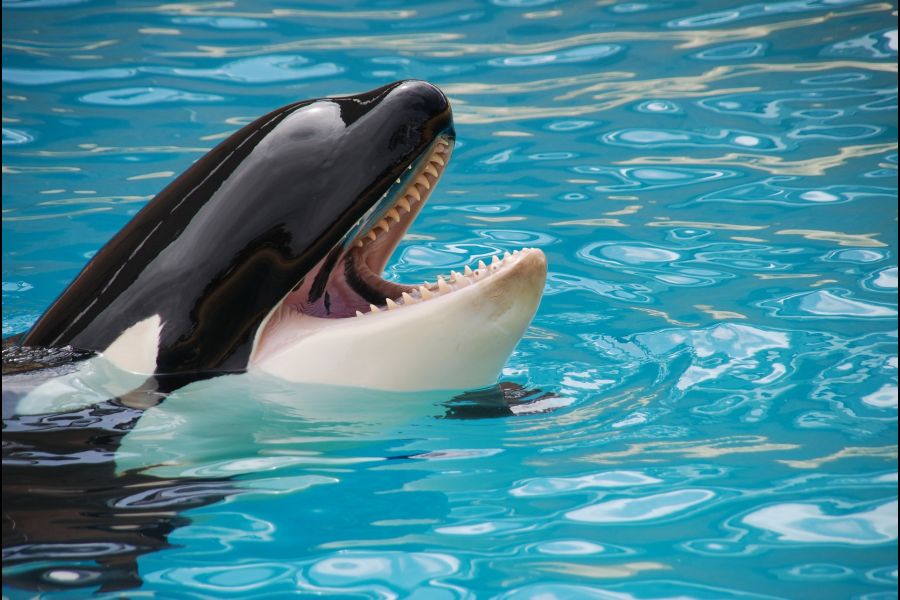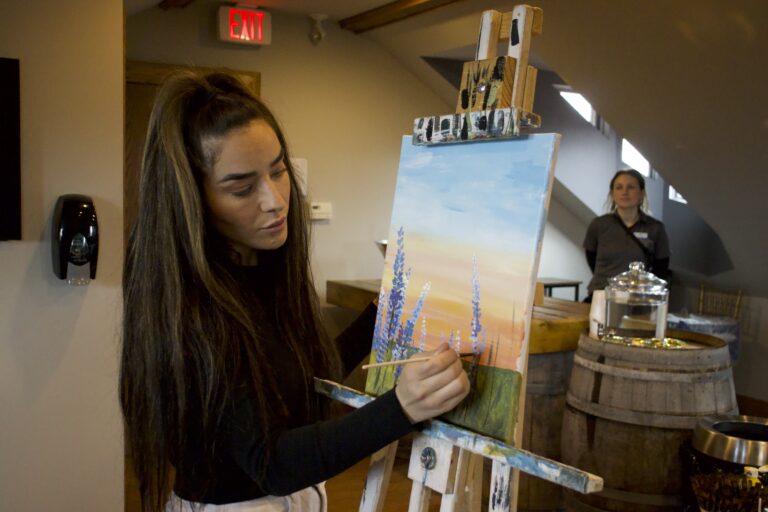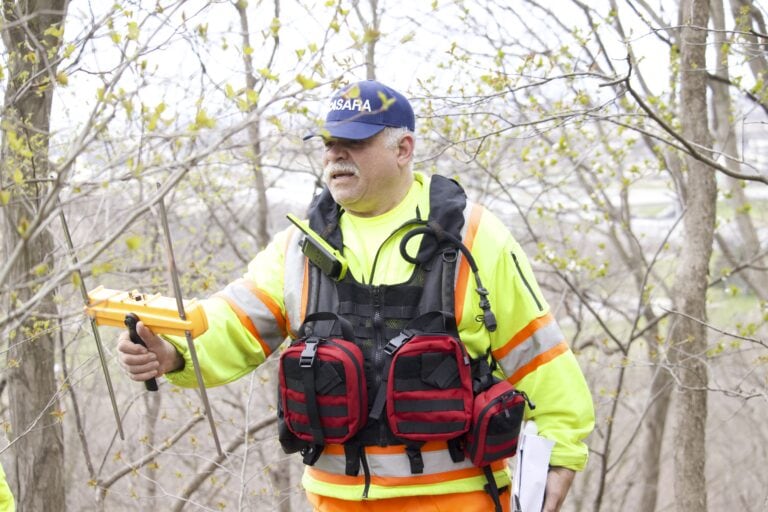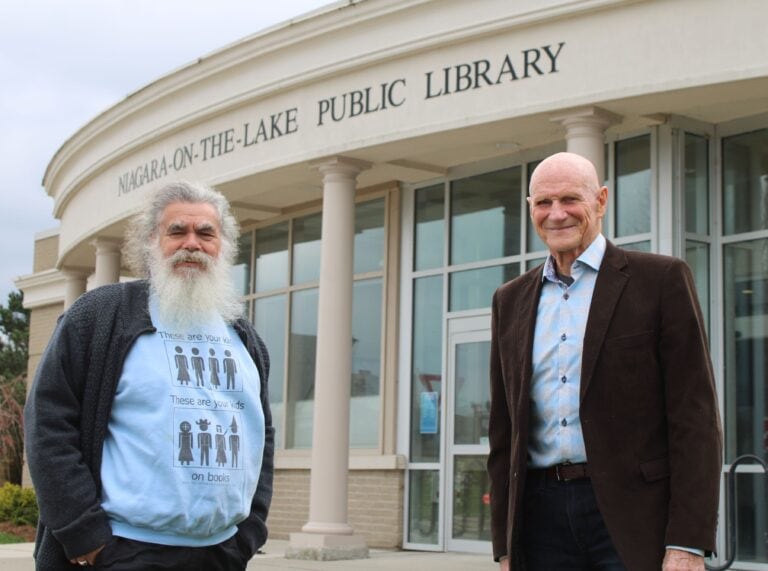The captivity of dolphins and whales is coming to an end in Canada, with the passing of Bill S-203 in the House of Commons.
The bill started in 2015 with Senator Wilfred Moore, and was taken over by Senator Elizabeth May after his retirement in 2017. The bill's second reading in the House of Commons occured on Nov. 29, 2018, and is currently going into the third reading.
The bill will prevent tourist attractions, like Marineland and Vancouver Aquarium, from breeding and acquiring new whales and dolphins. Parks that go against the bill can face a fine up to $200,000.
Marineland has more than 4,000 animals, including one orca whale, 58 beluga whales, sea lions and other marine animals. With this bill, Marineland and Vancouver Aquarium would be able to keep their existing cetaceans, but would not be able to breed or acquire new ones.
“It will position Canada as one of the leaders in animal protection,” said Lori Marino, president of Whale Sanctuary Project and expert on marine mammals in captivity.
“There’s no scientific research really being done at Marineland,” said Marino. “There’s been a few little studies, but they have no impact on anything.”
She explained that most of Vancouver Aquariums research has been conducted in the field with wild belugas and orcas. She studied the impact of conducting research on animals in captivity, but found there was little claim to conducting research in captivity.
“There is negligible impact upon research. Vancouver Aquarium can still do the great research they do in the field.”
John Holer, CEO and owner of Marineland, advocated against the bill in Senate before his death. Both Marineland and Vancouver Aquarium have argued that the bill prevents furthering scientific research on marine animals.
Holer received support from Senator Donald Neil Plett throughout its time in Senate.
“This bill denies us the opportunity to study and learn from a very small number of captive animals in a way that will permit us to understand and address those animals' unique and special needs in much larger populations in the wild,” Senator Plett stated during Bill S-203’s second reading in May of 2017.
Marineland has also argued the bill will negatively affect tourism in the Niagara Region. During the Proceedings of the Standing Senate Committee in May 2017, Chairman of Niagara Falls Tourism, Wayne Thomson, said that “54 per cent of the rooms that were rented in this area were because of the visits to Marineland.”
Canada’s Accredited Zoos and Aquariums (CAZA) is an organization that ensures the accredited “zoos and aquariums are recognized for their high standards of animal care.” Vancouver Aquarium is a part of the organizations accredited list but Marineland is not.
“Working at Marineland, you were always walking on your toes,” said Phil Demers, who was an animal trainer at Marineland until 2012 and now advocates for animal rights at the park.
“In many ways people suffered from Stockholm syndrome. People who work at Marineland for a really long time start to defend it.”
In 2016, the Ontario Society for the Prevention of Cruelty to Animals (OSPCA) charged Marineland with 11 counts of animal curtly, which was dropped by the Crown in 2017. Marineland later sued the OSPCA for $21 million.
Demers is one of nine people sued by Marineland in 2012, the others being activists, former employees, and media reporting on the issue. Every suit was settled except for Demers, which is still ongoing.










